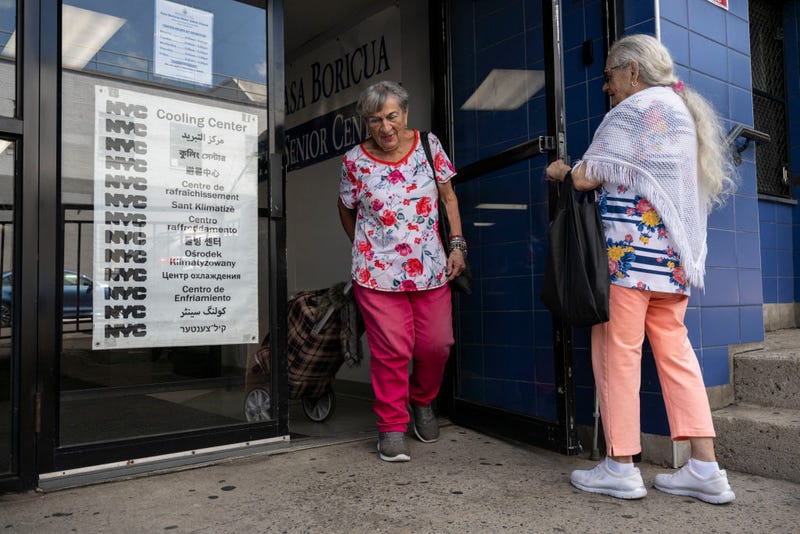
NEW YORK (1010 WINS) — The finances of many older New Yorkers living across the five boroughs are in dire straits, according to new data from The Center for an Urban Future, especially as the number of residents 65 and older reaches an all-time high.
Over the last decade, the amount of NYC seniors living in poverty has jumped by 41%, leaving a total of 18% below the poverty threshold.
This trend coincides with an increase in the number of New Yorkers aged 65 and up who live in the city, which has hit nearly 1.4 million—more than the entire population of Dallas, the country’s ninth-largest city.
Even if they’re staying out of poverty, even more NYC retirees are reporting no stable source of retirement income. That is the case for almost 60% of adults over 70 across all the boroughs, affecting the most—63%—in Brooklyn and the Bronx.
The country’s biggest retirement safety net, Social Security, is not being accessed by a whopping 18.8% of older New Yorkers. An additional 11% are only reporting supplemental security income.
These trends have likely contributed to the significant rise in older adults who are employed, which saw a 66% increase in the last decade, as costs soar and wages become a necessity for survival. Comparatively, the amount of employed New Yorkers under 65 jumped only 6.4% in the same timeframe.
The older adult poverty rate disproportionately affects people of color, with rates highest among the Hispanic community, followed by Asian older adults, Black older adults, and finally white older adults.
Immigrant seniors also exceed U.S.-born seniors in poverty by nearly 7%.
These concerning trends show the financial strain affecting older adults in NYC and are exacerbated as seniors prepare for cuts to federal programs laid out in the upcoming budget.
According to the Adams administration, the mayor’s executive budget restores funding for the Department for the Aging’s $570 million budget, though the NYC Council argued Monday that there remained critical funding gaps that need to be addressed.
Investments in programs like an enhancement of case management that connects seniors to vital services, expanded access to home-delivered meals and upgrading older adult centers remain unfunded, the council said.
“The current presidential administration has been actively dismantling the services older adults across the country rely on,” said Councilmember Crystal Hudson, chair of the Aging Committee. “Now more than ever, it’s critical that New York City steps up to fill in the gaps and ensure essential services reach some of our most vulnerable populations.”
